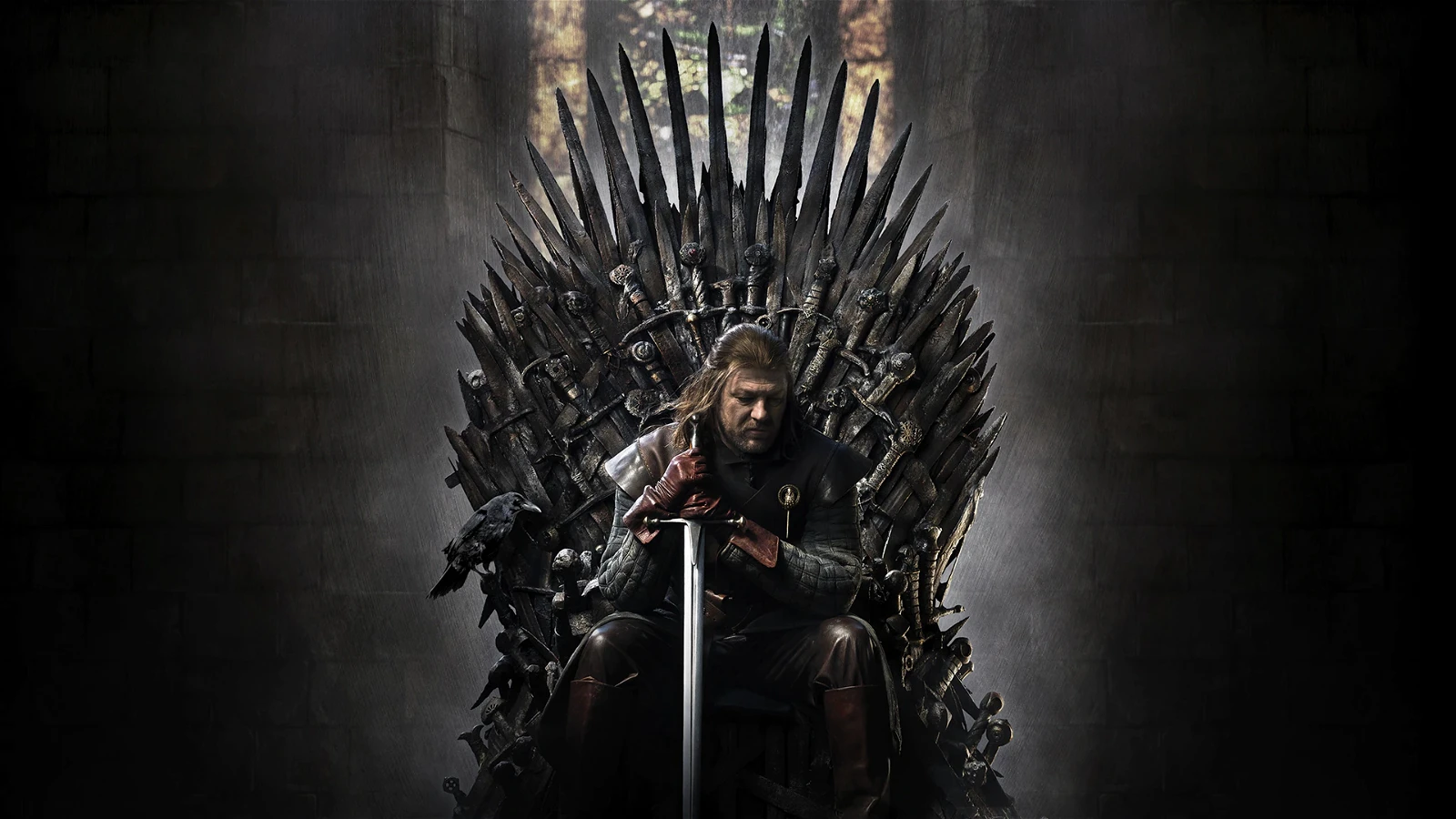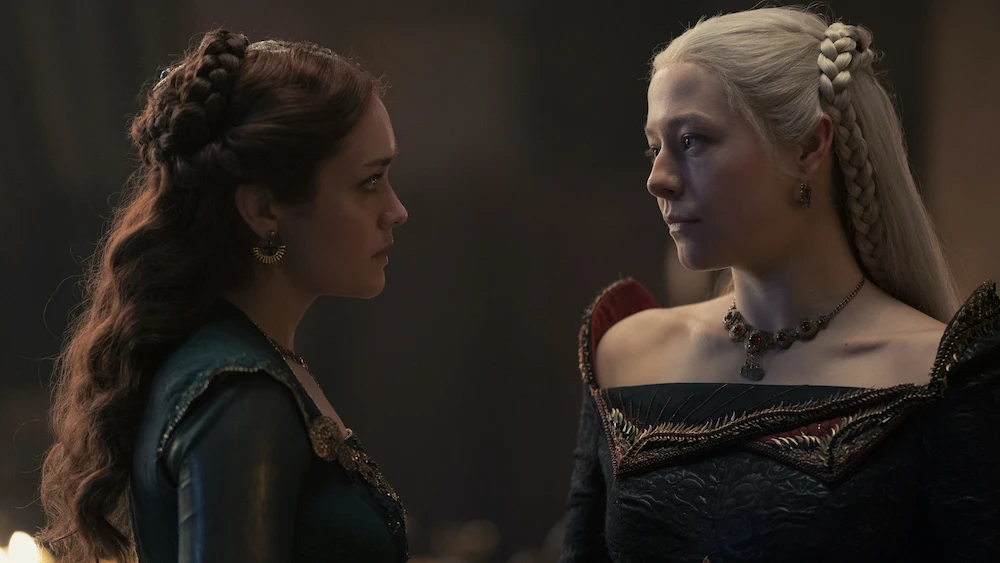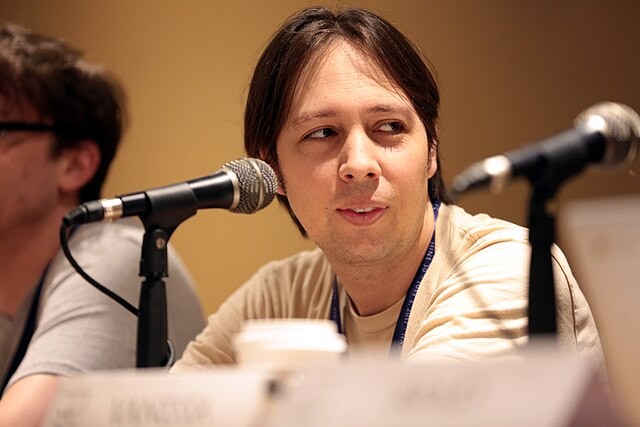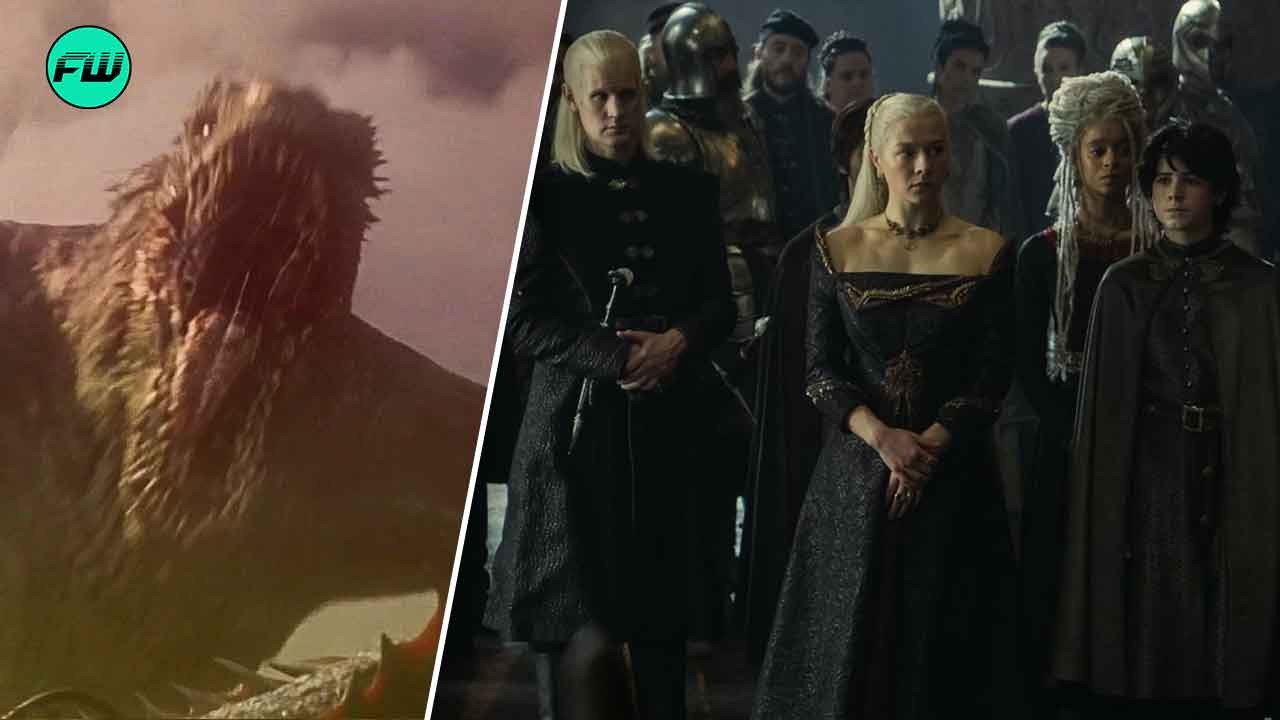The Game of Thrones universe has been crafted with the utmost meticulousness and intricacy. Adapting a novel into a show is always a challenging feat, to say the least, but GoT has rarely, if ever, left any space for remonstrance.

The showrunners even constructed distinct languages for the show and its spinoffs with High Valyrian being the primary tongue in House of the Dragon. But inventing an entire language isn’t all fun and games, it takes a mammoth amount of effort even with professional linguists working on it day and night.
House of the Dragon – The Gruelling Task of Developing High Valyrian
George R.R. Martin was the first one to introduce Game of Thrones fans to the fictional language of Dothraki, but there were only subtle traces of it in the books with only 56 words (24 out of which were names) peppered throughout the series (via Film Companion). So, for David J. Peterson – who has a Master’s degree in linguistics – it was certainly tough to work with such little content.

But even more laborious was the task of developing High Valyrian, a dialect derived from Valyria’s descendants, particularly those of the House Targaryen. It took Peterson, a former English professor, a total of seven months to fully establish the “puzzle” of a language (via Entertainment Weekly).
“There was much less to go on, like two phrases,” the conlanger said referring to the vernacular of House of the Dragon. With a dearth of material and an avalanche of substance to create on his own, Peterson was scared of “annoying” the renowned author of A Song of Ice and Fire. Ever since then, however, Peterson has contributed roughly 3,700 entries to the Dothraki dictionary.
David J. Peterson Won His GoT Job Like A True Warrior
When HBO needed a Dothraki lingo for the Game of Thrones pilot, they put the word out for eligible candidates. But from more than 30 other choices, Peterson was the one who landed the position as the renowned show’s principal polyglot thanks to his 303-page-long proposal comprising all the grammar and translations (via Film Companion).
The 43-year-old language creator once told EW that he started making languages “just for fun and for the intellectual rigor of it,” at least at the beginning. But his idea of fun soon turned into a full-blown profession which ultimately rose him to prominence through GoT dialects like Dothraki and High Valyrian.

But besides that, Peterson has also created languages from the very scratch as he did with Castithan – the tongue spoken in Syfy’s science fiction series, Defiance. Additionally, he also overlooked the globally popular Dune projects (both parts) for which he constructed the Chakobsa language.
Game of Thrones and House of the Dragon can be streamed on Max.



